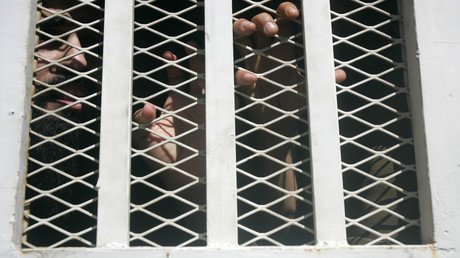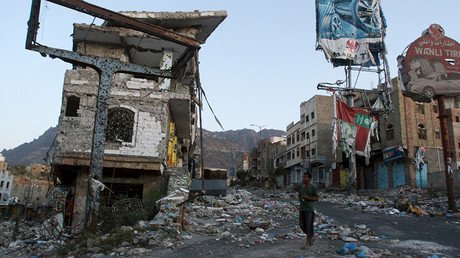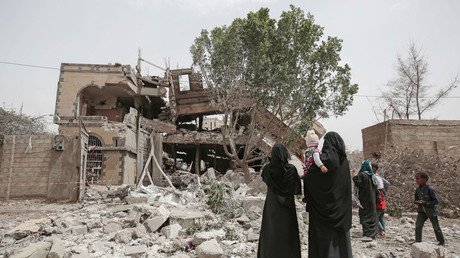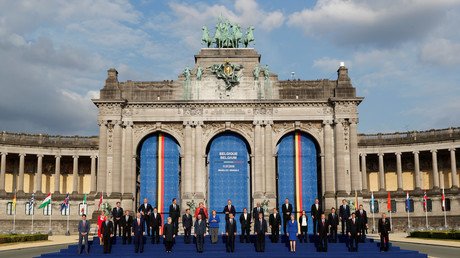Saudi King absolves troops of any future accountability for their conduct in Yemen war
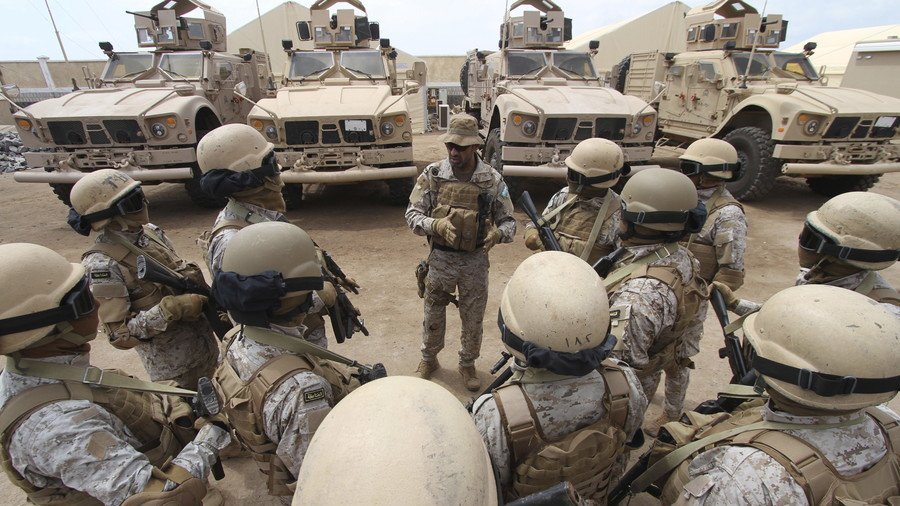
A royal decree by Saudi King Salman has ‘pre-exonerated’ all troops fighting in Yemen from any accountability issues they may face over their conduct in the war, in which thousands of civilians have been killed and wounded.
A statement announcing the early pardon, released by Saudi Arabia's state news agency SPA, said the pardon extends to “all military men across the armed forces” taking part in Operation Restoring Hope, citing the official codename of the Riyadh-led invasion of Yemen.
The royal decree was issued following “reports submitted” by crown prince Mohammed bin Salman, the kingdom’s sitting defense minister.
It exonerates troops involved in hostilities from “their respective military and disciplinary penalties, in regard of some rules and disciplines.” The statement issued by the SPA wasn’t specific as to any particular crimes, but said the move was to show appreciation for the "heroics and sacrifices" of the soldiers.
The coalition led by the Saudi Arabia has been waging a military campaign against the Iran-backed Shiite Houthi rebels in Yemen since March 2015, in an attempt to put the ousted Yemeni president back in power. Riyadh had formed an alliance of Arab states, and their offensive initially drove the Houthis out of swathes of land in the south, but then stalled. Houthis continue to hit the Arab troops, launching surprise attacks and employing guerilla tactics.
Since the start of the Saudi-led campaign, the coalition has been repeatedly accused of killing dozens of civilians in its airstrikes but it rarely admitted responsibility for such incidents. Saudi-led forces have been repeatedly targeting civilian objects, with rights groups saying their rules of engagement amounted to war crimes. Last year, a Human Rights Watch official, Ahmed Benchemsi, told RT that 61 documented airstrikes, all conducted by the coalition, “may amount indeed to war crimes, that have killed nearly 900 civilians and have hit civilian areas, including markets, schools, hospitals and private homes.”
Later last year, a massive report presented to the UN Security Council, concluded that in eight out of ten inquiries into Saudi bombings “the panel found no evidence that the airstrikes had targeted legitimate military objectives.” In all ten investigations, the panel said “it is almost certain that the coalition did not meet international humanitarian law requirements of proportionality and precautions in attack.”
The persisting Yemen war, which entered its third year in 2018, has brought more than eight million people in the region’s poorest country to the brink of starvation. The worst humanitarian crisis in the world has seen almost two-thirds of the population struggle to provide food and basic amenities to their families.
The campaign and Saudi-imposed blockade of the impoverished nation have contributed to a humanitarian crisis in Yemen, including a major outbreak of cholera and continued malnutrition of the population, the human rights organizations say. Still, major Western powers, inducing the US and the UK, have been contributing to the Saudi war effort by selling Riyadh weapons and providing the coalition air missions with refueling and targeting intelligence.
Think your friends would be interested? Share this story!
